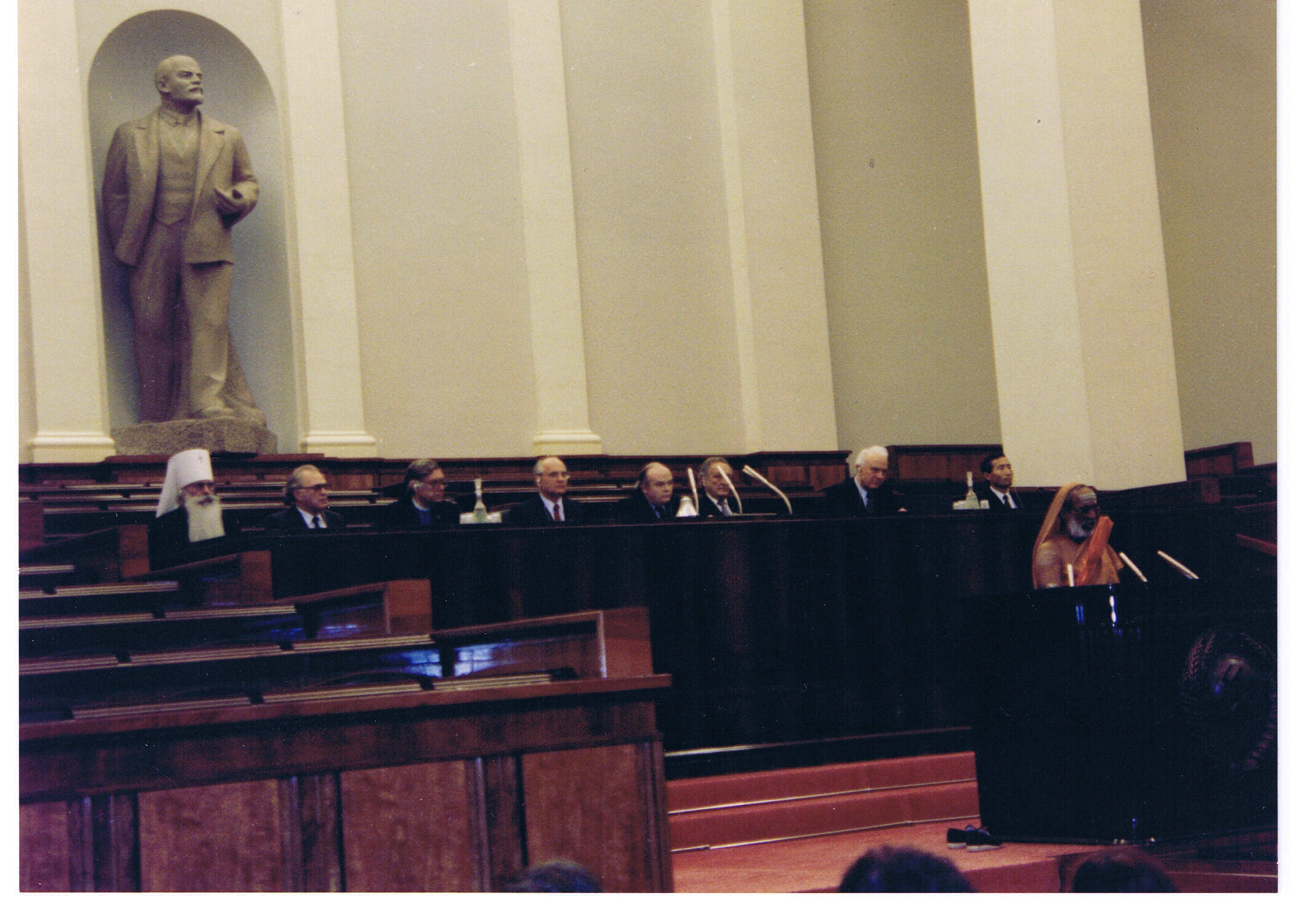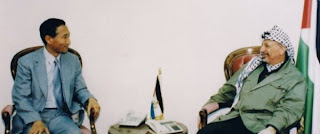The refugee crisis will no doubt reshape the geopolitical, cultural , global economic policies and challenge the core principles of the Europe Union. The Syria crisis will not only continue to drive the refugee crisis but also potentially trigger revolution in Syria and other Middle East countries. We would like to share a mosaic view of these complicated issues. France has historical ties with Syria, North Africa and the Middle East,and in general, the French have a rich knowledge about the issues in the region. I was fortunate to be introduced to Patrice Barrat, founder of Bridge Initiative International, by my good friends Byron Janis and his wife, Maria Cooper Janis.**
Patrice has worked at the grass-roots level for many years on his concept to build the bridge to transcend traditional barriers of culture and ideology. In recent years, he lived in Tunisia to promote his mission at the fount of the Arab Spring and witness the activities of the Quartet, this year’s Nobel Peace Prize laureates. I am very pleased to introduce his noble work.
(**Byron Janis, the world famous concert pianist, composed the Global Forum theme song “One World “ – with lyrics by the four time Oscar winner Sammy Cahn and sung by John Denver. Maria Cooper Janis is the daughter of the renowned actor Gary Cooper.)
— Akio Matsumura
The Tunisian Nobel Prize
Dialogue as a Political Virtue
It seemed so simple. They were here, on stage, all together for the first time since the news came from Oslo – on October 9, 2015, a week earlier – that the union of their forces in the summer of 2013 had earned them the Nobel Peace Prize.… Continue reading






